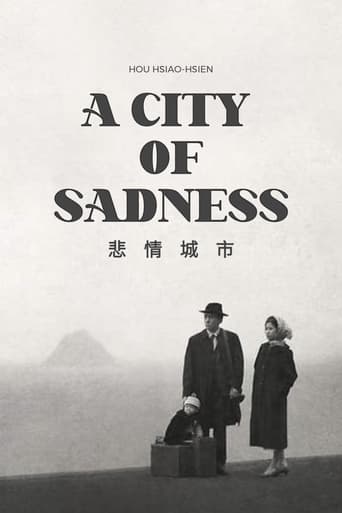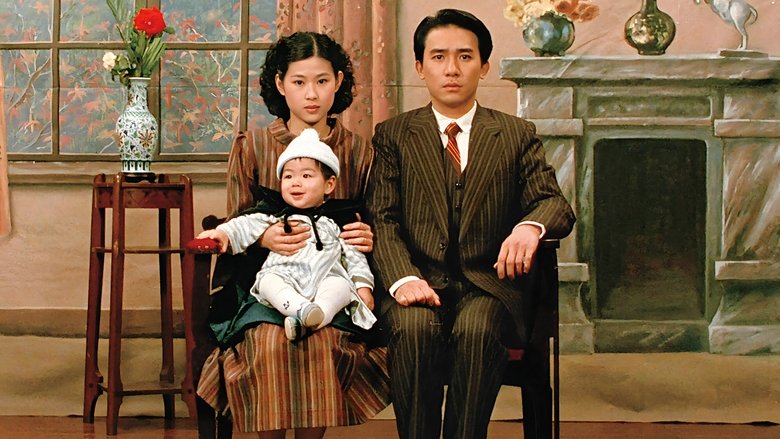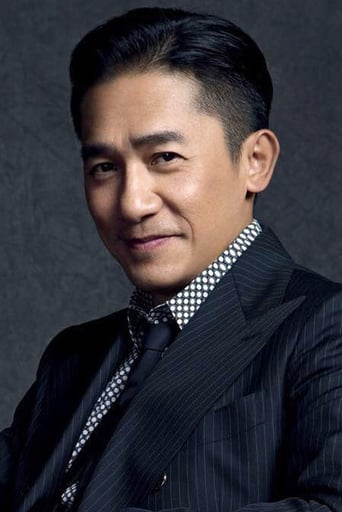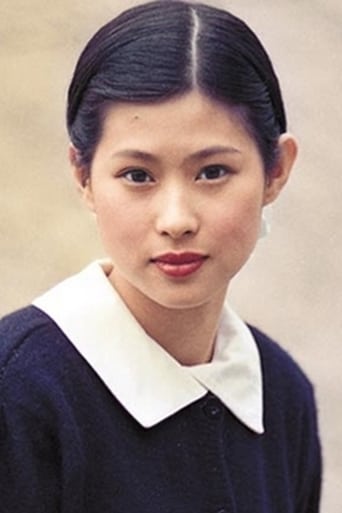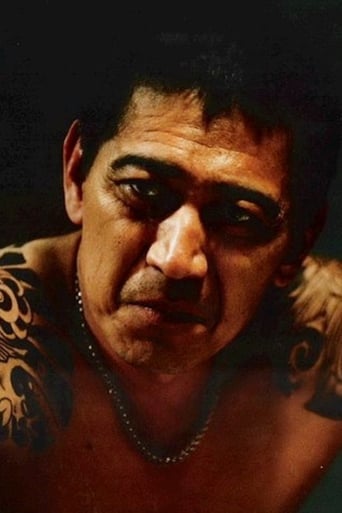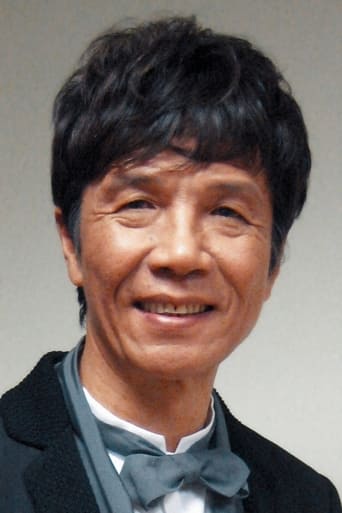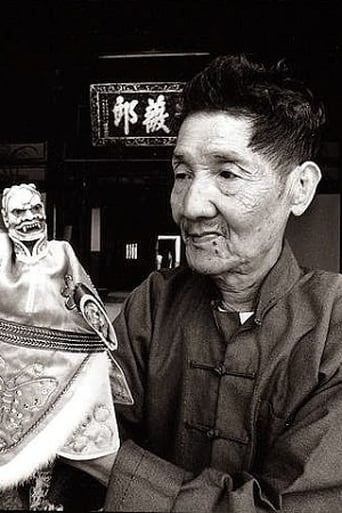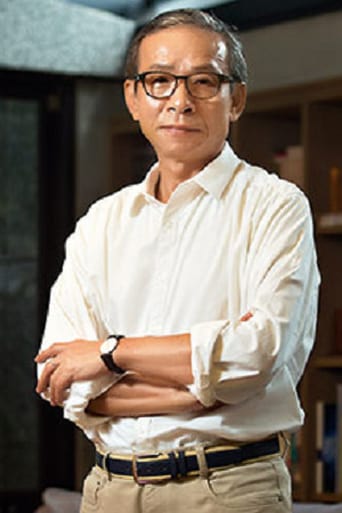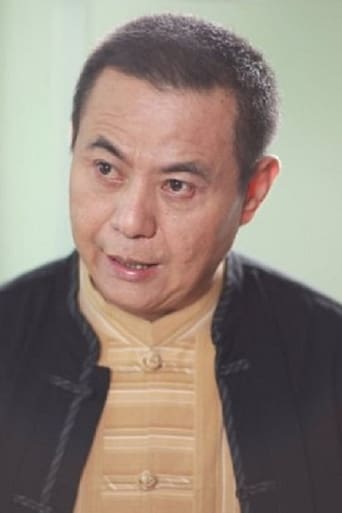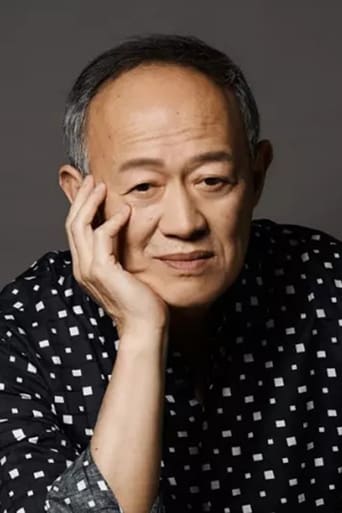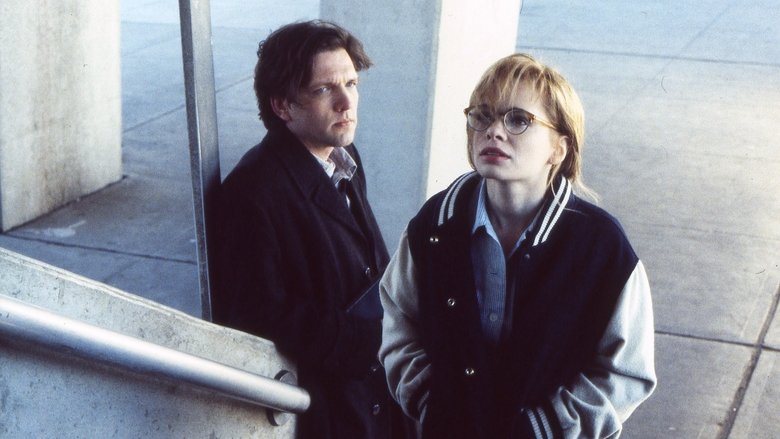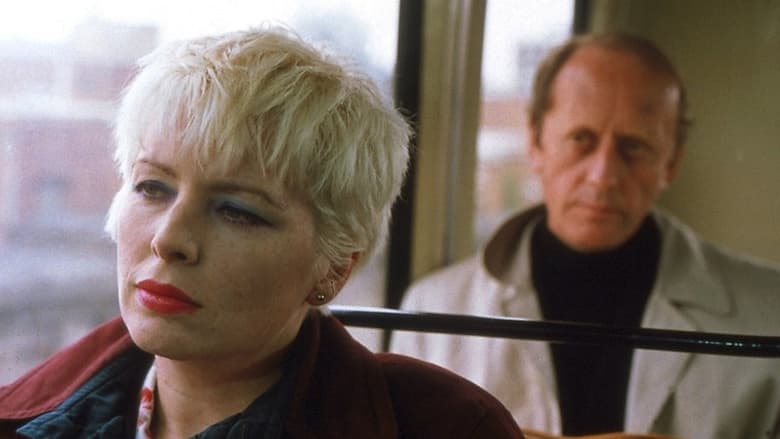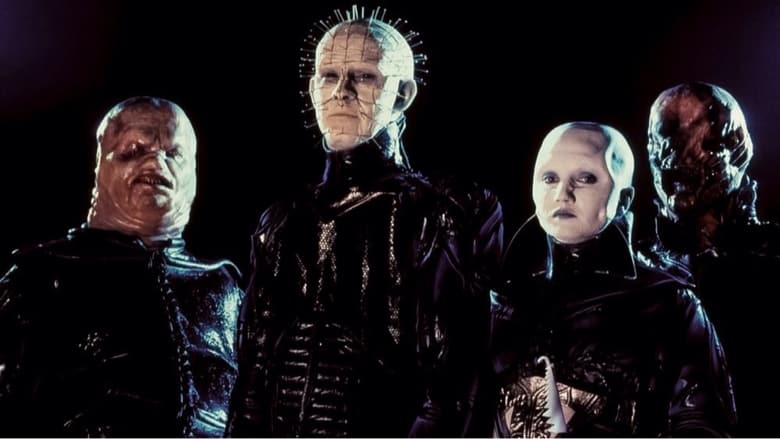The story of a family embroiled in the "White Terror", mainland China's political repression that was wrought on the Taiwanese people by the Kuomintang government in the late 1940s.


Reviews
I would never have heard about this Taiwanese film if I hadn't found it listed in the book 1001 Movies You Must See Before You Die, I hoped it would be a title that deserved its placement, directed by Hsiao-Hsien Hou (A Time to Live, a Time to Die; The Puppetmaster). Basically it takes place during a crucial moment in Taiwanese history between 1945, Emperor Hirohito announces Japan's surrender following 50 years of Japanese colonial rule, and the arrival of Chiang Kai-Shek's Nationalists four years later. Set in a coastal town not far from Taipei, it depicts the experiences of the Lin family, specifically in the lives of four brothers during the February 28 Incident. The eldest brother Wen-heung (Sung Young Chen) is a translator, he awaits the birth of his child and begins trading in the post-war black market. The second middle brother Wen-leung (Jack Kao) is a soldier, he suffers a traumatic brain injury whilst in prison during the war and is thought to have died in the Philippines. The youngest brother Wen-ching (Tony Leung Chiu Wai), who is both deaf and mute, works as a photographer, he suffers a nervous breakdown in Shanghai. With the brothers getting involved with complex issues, including drug dealers, the authorities and leftist guerrillas of the time, it will all inevitably end in the family's destruction. It is a simple of a troubled family that will all make choices that will lead to tragedy, I got confused whether there were three or four brothers, and it did get confusing when having to also read subtitles, but the scenery was nice to look at, and it certainly look authentic with the setting, an interesting enough historical drama. Good!
This is definitely one of my all-time favorite movies. Before watching A City of Sadness, I subconsciously had this notion that somehow there were certain ways (or methods) feature narrative films should be made. Oh how wrong I was. Experiencing this movie was like the first time I saw Asian art, no more like the first time I tasted Chinese food as a kid. It was more than different. It was delightful! This film totally enlightened me! This poetic masterpiece changed the way I view cinema. This film which deals with modernity of Taiwan, feels more like a Confucian ritual, an ancestral rite of some sort. And at the same time like many of Hou Hsiao-hsien's other films, this movie deals with the theme of 'growth'. Hou seems to tell us over and over again that growth is learning to say goodbye to the things we love. One beautiful movie. I strongly recommend it to the cinephiles who haven't yet tasted this great cinematic treat.
This film is definitely one of the best historical film i have ever seen!... putting aside all those clichés most filmmakers are tend to use: there is no such thing as heroic portrayal of martyrs or the use of extremely artificial dramatic art. That makes this film believable and, compared to others, very unique.Normally you would have a narrator who is telling you the story from his point of view. Now, i don't want to say that i dismiss this way of narration but "A city of sadness" does not need such a narrator; in fact it would shatter the special specific atmosphere of this movie if that would be the case. Without definitive narrative elements, the staging normally involves (narration/music/DP etc), the viewer gets the feeling that he is able to see for himself what the lives of those people were like when WWII ended. It is fascinating to witness how this very sober staging is still able to evoke strong emotions within the viewer. This is due to the directors vision but also to the cast which did an amazing job.It was also very clever to have the deaf Wen-Ch'ing as the main character so the viewer can sympathize with him very easily: like Wen-Ch'ing the viewer is kind of caught up within the political turbulence and is not to able react like he would want because he is mute ... and is therefore not able to speak up in a loud voice to stop the violence. He is forced to watch.Even today the topic Taiwan/China isn't solved at all. After watching this film people will surely get a better understanding why the struggle between China and Taiwan is so filled with anger, sadness, fury ...so ... that's definitely a must-see!! ;)
Artistically, its greatness is not in dispute, but it is hard to overstate the importance of this film in political and social terms for Taiwan. The subject of the film, the February 28 Incident (the massacre of 20000 or more Taiwanese by Chinese Nationalist troops in 1947) had been completely been banned from public discussion by the now-defunct military government of Taiwan up until 1988 - only a year and a half before the film was released. To intervene so powerfully in a period of political and social change as Taiwan's democratic revolution in the late 1980s, makes the film as dramatic a re-configuring of a country's cultural landscape as any film has ever achieved.
